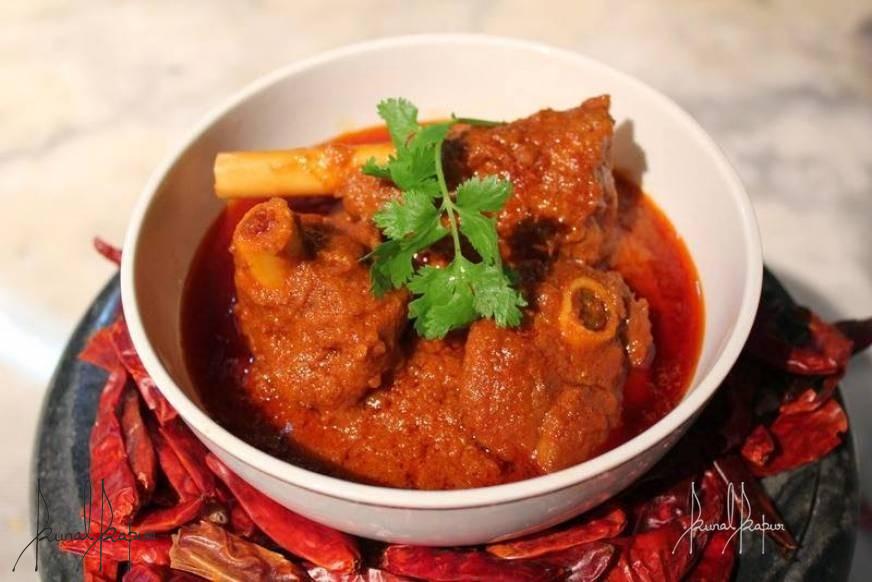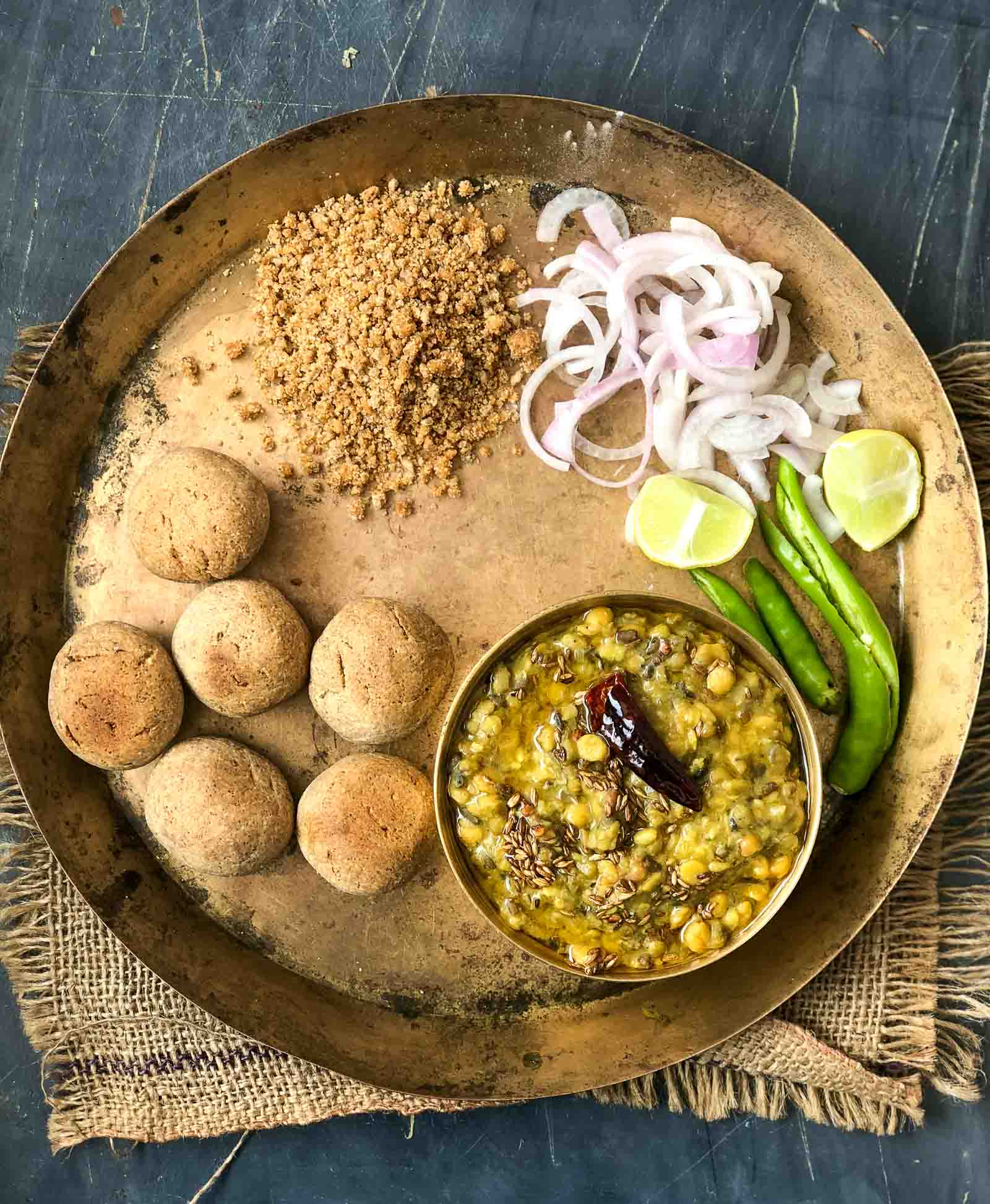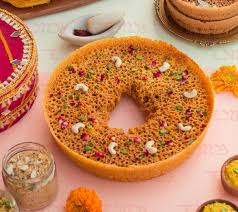Introduction
Rajasthan is a land of royal traditions, vibrant culture, and diverse cuisine. The cuisine of Rajasthan is as rich and diverse as its culture. It is a perfect blend of various influences, including the royal kitchens of the Rajputs, the nomadic lifestyle of the desert dwellers, and the trade routes that crisscrossed the state. The evolution of Rajasthani cuisine is fascinating and tells a story of the region's history and culture. The cuisine has been influenced by the region's geography, climate, and the various communities that have inhabited the area over the centuries.
The early days of Rajasthani cuisine are shrouded in mystery. The region was inhabited by various tribes, including the Bhils and the Meenas, who were hunters and gatherers. Their diet was mainly comprised of wild fruits, game, and roots. With the arrival of the Rajputs in the 7th century, the region saw a significant shift in its culinary traditions.


